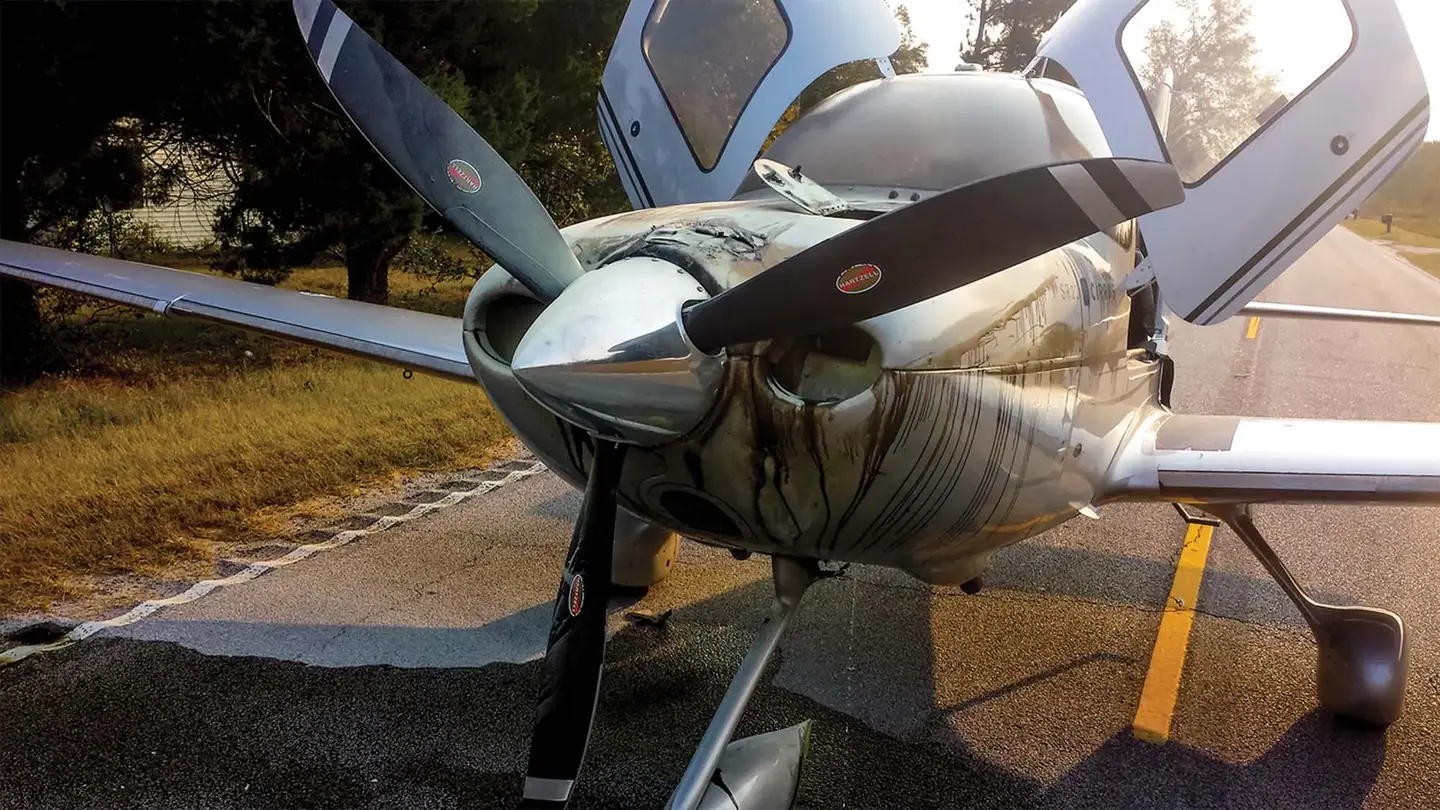AVmail: December 7, 2014
Mark Bohstedt writes: “Regarding Woody Beck’s article on the decline of GA: He states the following, ‘Over the longer term, changes in the third class medical will have no significant impact because its cost is negligible, roughly the cost of 15 gallons of av fuel every two years for us older pilots.’ While I agree with the author on several points he made throughout the article, I believe he really misses the point regarding the benefits of eliminating the third class medical.” Click through to read the rest of this letter and other mail from AVweb readers.
Letter of the Week:
Third Class Medical Issues
Regarding Woody Beck's article on the decline of GA:
He states the following,"Over the longer term, changes in the third class medical will have no significant impact because its cost is negligible, roughly the cost of 15 gallons of av fuel every two years for us older pilots."
While I agree with the author on several points he made throughout the article, I believe he really misses the point regarding the benefits of eliminating the third class medical.
The issue here isn't the cost but the uncertainty of aircraft owners being on a "two-year plan." In my business of selling airplanes, I come in contact with a large percentage of pilots that would love to either own a plane outright or in a partnership but are concerned about the medical every two years.
I know from my own interaction that a large number of idle pilots are anxiously awaiting the FAA's ruling on the third class medical. Should it be eliminated, they intend to "get current" and start shopping for an older Piper or Cessna. This will be great for flight instructors, mechanics, avionic shops, fuel providers, and for my business.
Regarding the negative impact on the LSA market: True, some will fall by the wayside, but there are others that have certified their maximum take-off weight to the same weight as a Cessna 152. I've talked with one LSA company that did this, and they indicated it will just be a matter of paperwork filing to increase their plane's weight limit from 1,320 to 1,690 pounds. This would give a potential buyer a new airplane with performance and avionics that far exceed a typical 152 for $80-90,000.
In my opinion, eliminating the third class will have a positive impact on general aviation for years to come.
Mark Bohstedt
Kelmar Aviation
The article on GA's decline and the factors mentioned by Prof. Beck are equally applicable to baby boomers in my country. It is sad to watch this happen. Despite having a larger percentage of young people, the actual number taking up flying is limited by the economic factor to those who do are only looking to fill the airlines and air force slots.
A. Akmar
I flew as a naval aviator for six years, then as a commercial pilot flying singles and twins for 15 more. I allowed my license to lapse due to:
- The prohibitive cost of ownership and/or the cost of simply flying in the private sector.
- The unbelievable gamut of new rules, regulations, and requirements that evolved over the years and turned a common sense satisfying flight into a nerve-wracking competition between pilot, regulations, and "authorities."
It is small wonder that fewer pilots can afford to fly [and that few] are lured or even continue to fly given current costs, restrictions, and regulations. Flying was once enjoyable, but is now a huge pain.
Dwayne Tieszen
Operators, Not Pilots
Unmanned aerial systems are not being flown by pilots. They are systems operators. Unless they strap their butts in and leave the ground, they are not pilots or aviators, just systems operators and should be referred to as that.
I guess the name/term "pilot" means something more to me.
Now, if the FAA wants a certificated pilot to operate UASs, that still only makes them systems operators with a pilot rating.
Michael Cufr






